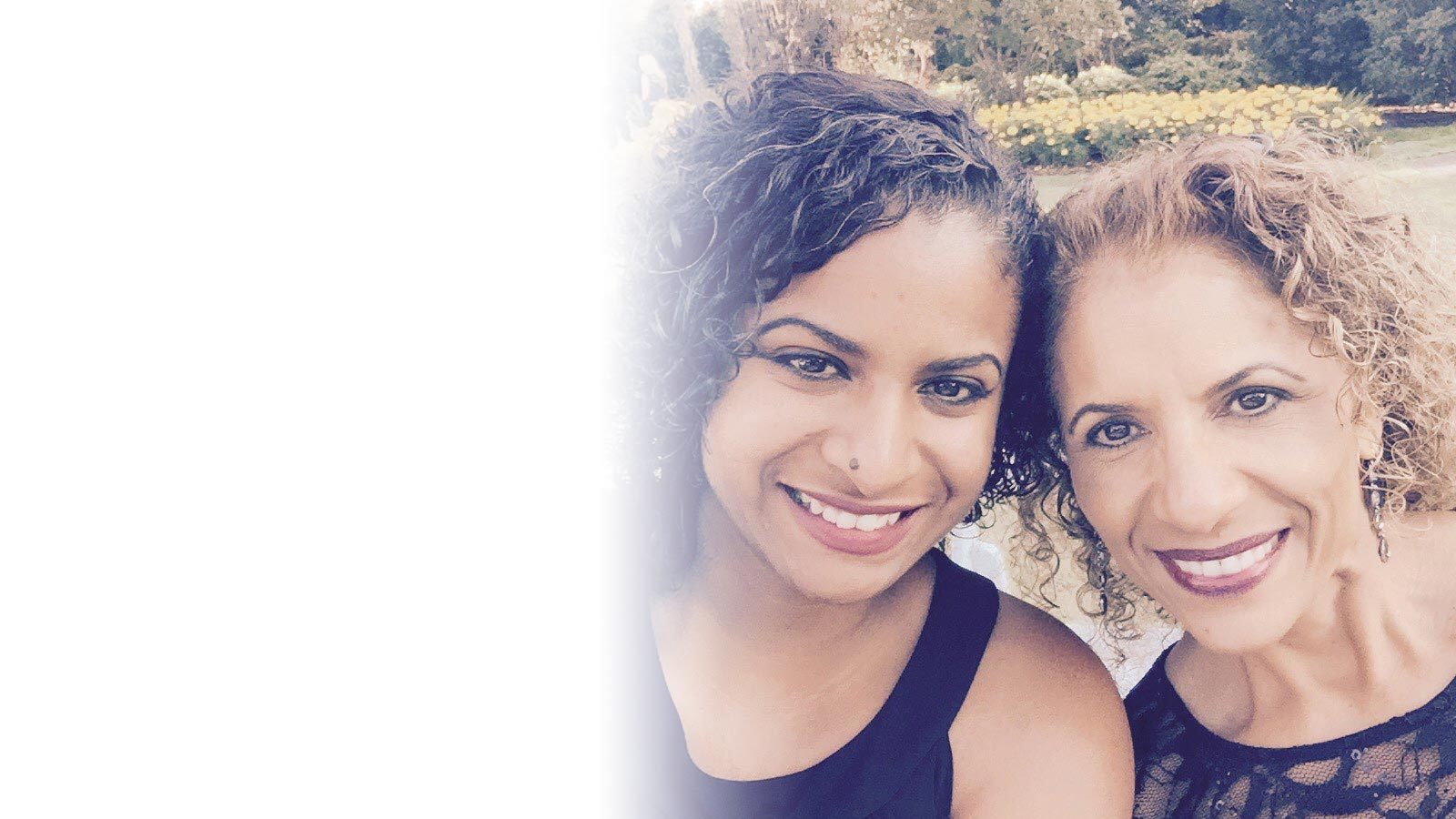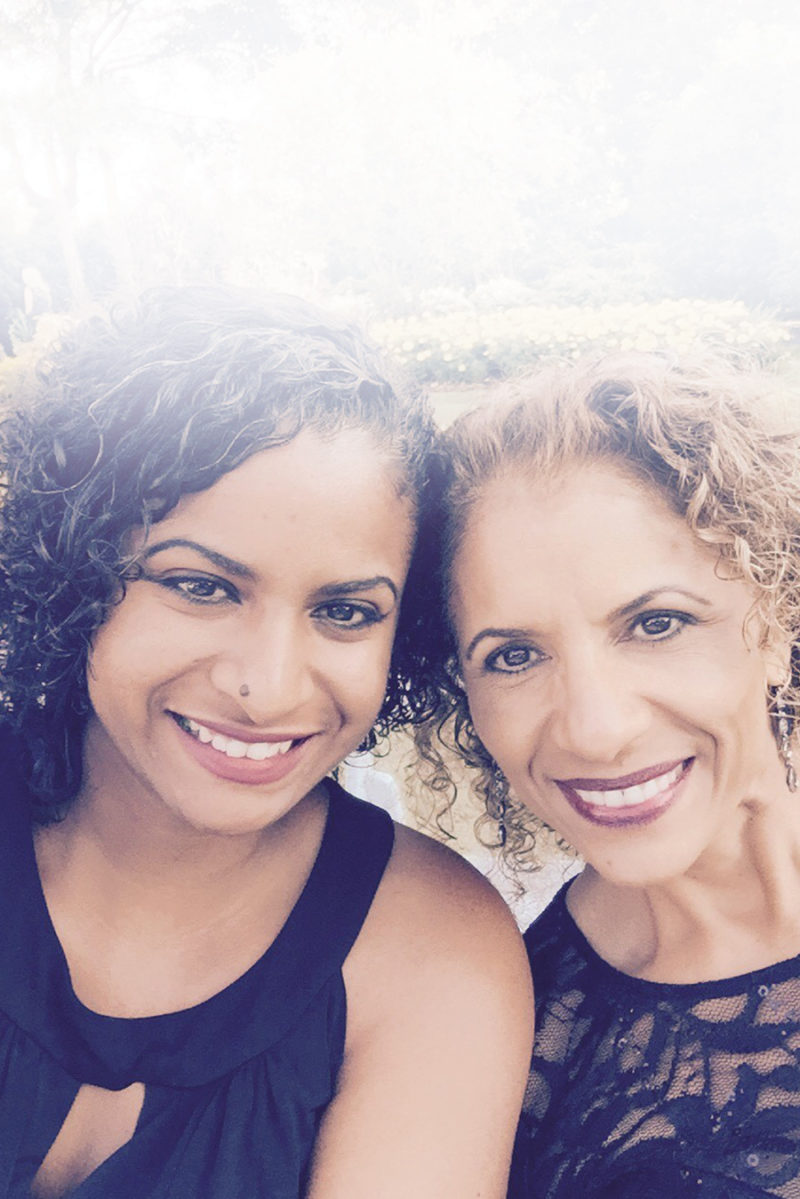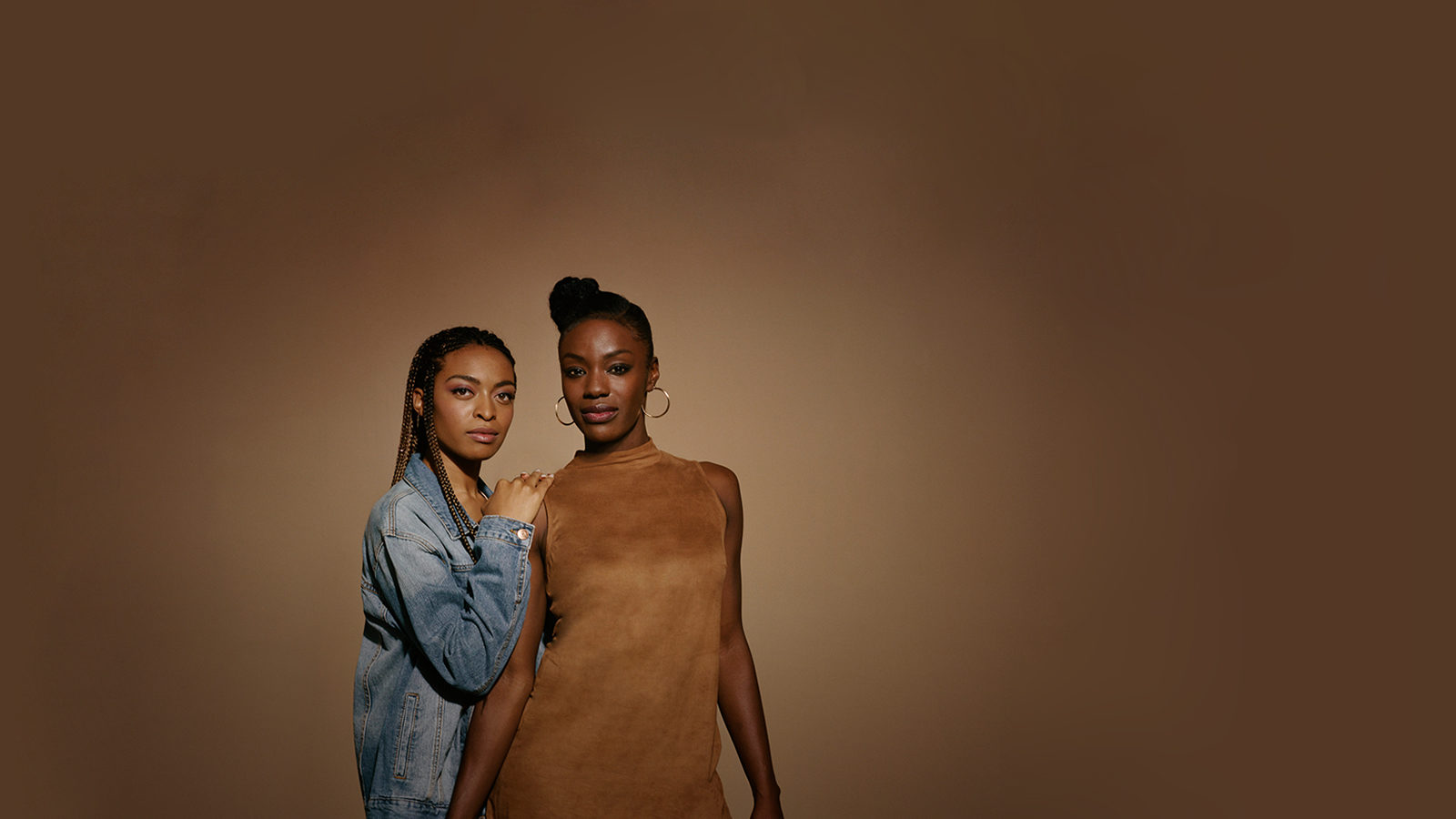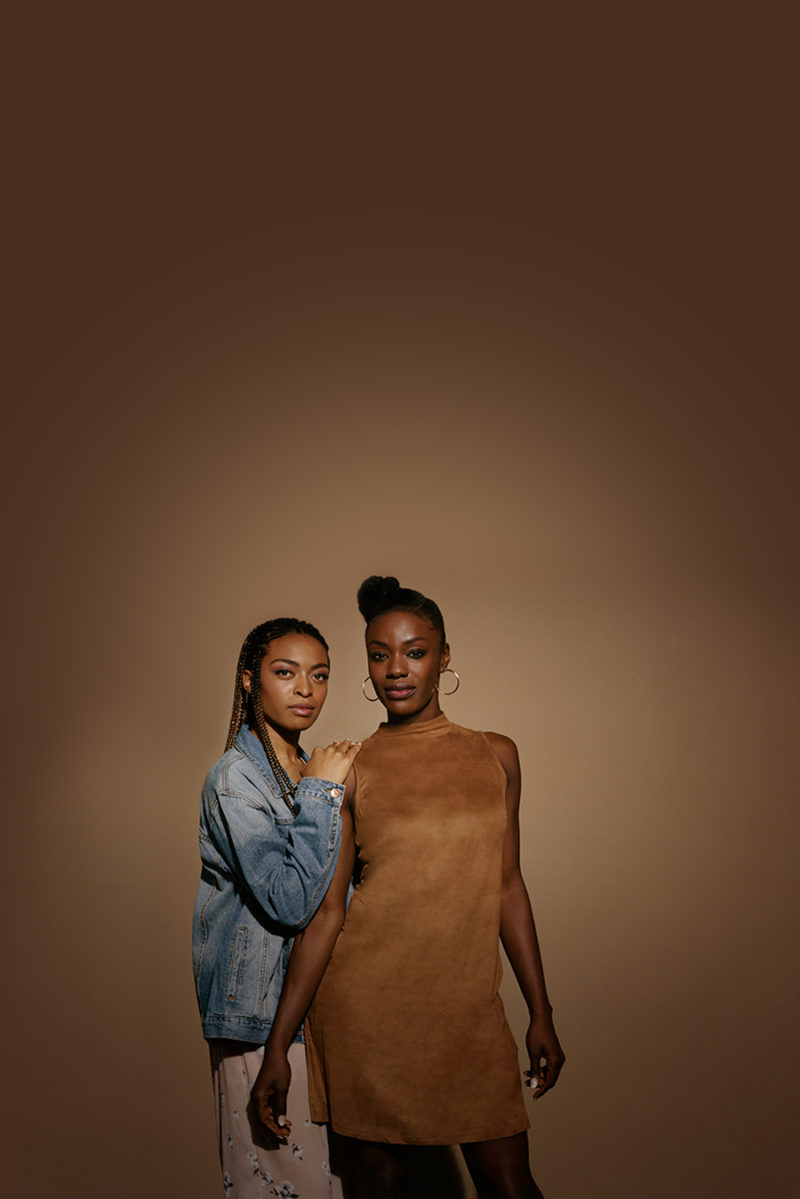I was 25, young, and uninformed at the time of my diagnosis.
I was 25, young, and uninformed at the time of my diagnosis. I had no family history of breast cancer, that I knew of. I didn’t think I had any of the classic risk factors. I was active, and I was a college athlete. I’d done genetic testing and it was negative. I was in school and had no time to deal with this. I was 25. I was single and ready to mingle. But then I was diagnosed with breast cancer, and it completely turned my life upside down. It was incredibly shocking.
Understanding our risk can help us take action for our breast health.
I’d played basketball my whole life. I grew up in Lubbock, Texas in a family of six and went to University of Texas Medical Branch (UTMB) in Galveston for Physician Assistants (PA) School. Back when I was in college, I did ask doctors about a lump in my right breast but was told because I was young that being “lumpy bumpy” was normal. After I got into PA school in Galveston, I noticed the lump kept getting larger. I went to get it checked out. When they biopsied it, the results showed I had breast cancer. So, I had just finished my first year of PA school and then the next week, I was rolled back to an operating room for a bilateral mastectomy. It all happened so quickly.
I recall getting an alert about my diagnosis while I was in class. My radiologist sent me a text. He took a personal interest in my health, which was nice. I remember the text read something like, “Hi Renee, can you come to my office. We need to talk.” My heart just sank. You know how you just know? I kind of had that feeling. I was out of my mind. I was so terrified. Most people’s first thought when they hear the word cancer is that they’re going to die. I remember calling my family immediately after my radiologist shared the news with me. I also searched for a support group in the region because I had no idea where to go or what to do. I was away from my home with this life-changing news. In my search, Dr. Jennie Bennett’s name popped up with Reconstruction of a Survivor, a support group for women diagnosed with cancer.
I emailed her that same day, and she called me within a few minutes. She was instrumental in guiding me through the process, especially considering how young I was when I was diagnosed. From passing exams to get through school, to adjusting to my new normal with breast cancer, my life transitioned from one kind of test to a much more intense one. Everything was flipped upside down.
“I don’t know if I would have been able to do the fertility treatment without the Livestrong grant.”
My family was devastated when they found out, but my mom was incredibly helpful. She uprooted her life, moved in with me in Galveston and stayed the whole year to take care of me. She’s a registered nurse, so she’s really methodical like the rest of us health care providers. I call her my “ride or die” now, because this experience has made our relationship even stronger.
Because I was so young when I was diagnosed, being in school and insurance were two unique challenges I faced. I plugged in with Stupid Cancer, a leader in young adult cancer advocacy, because I didn’t know anyone else my age with any sort of cancer diagnosis. For me, I was just trying to get through graduate school to start my career. I wanted to understand how other young women were juggling that and cancer as well. I was in school and The Affordable Care Act had just started, so thanks to that I was able to stay on my dad’s insurance plan until my last day of radiation which was my 26th birthday. In my case, insurance worked out and was all a matter of perfect timing.
Family. Friends. Community. We can make a difference at every level.
When you’re so young, fertility is an additional factor you have to consider. I actually took three to four weeks to do fertility treatment before I started chemotherapy. I used a grant from Livestrong that my oncologist, Dr. Washington, insisted I consider. I don’t know if I would have been able to do the fertility treatment without the Livestrong grant. My health care team did a really good job connecting me with all the resources they had at the time, especially considering what was available for someone my age.
As I reflect on my experience, I was incredibly lucky to have my health care team. The consultation I had with Dr. Washington was my first and the only one I felt I needed (though in my current role as a physician’s assistant in a breast surgical center, I always advise patients to get a second opinion). I just jumped into it because I was feeling a time crunch with student loans and feeling like I needed to get my treatment done so I could get back to school and back to regular life.
For that reason, I’m very thankful my first consultation turned out well. My school schedule was a challenge, but my professors were amazing during the entire process. I kept them in the loop the whole time, from the biopsy on. The program was two years, and I was able to finish my first year of coursework right before my surgery. Then, my professors allowed me to go on a year of absence to finish my treatment, which was really difficult for me because I’m so goal-oriented and really wanted to get through it all. I finished all of my treatment in that year and then went back to school to finish my second year. It was really difficult, but I was so excited to finish. It’s probably one of the things I am most proud of.
“I know we’re all preoccupied with life and there’s so much going on, but be proactive, take charge and advocate for your health.”
Throughout my experience, I’ve had great support systems. I was really lucky because all my teammates were really supportive and all my friends I made in PA school were amazing. They were so encouraging and wonderful and would come to visit me as often as possible. They even hosted post-chemo and post-radiation parties. I know there was a little bit of fear that my breast cancer exposed the mortality in us all. I don’t think my friends thought any of us would ever get breast cancer in our early 20s. No one directly said it to me, but I could sense that their collective awareness had been heightened. They’d call asking me whether or not they should go get checked out and I’d always say, “Yes, the odds are in your favor. Go get checked out. You never know what can happen.”
Additionally, a lot of women my age probably want to know about reconstruction and dating. I’d be lying if I said I wasn’t thinking about dating and what that would be like post-treatment. When I was diagnosed, I was single. My ex-boyfriend was amazing during my treatment. We weren’t romantically involved, but he was there for me. He went to almost every single appointment with me, so I did have that presence. It was so difficult, and it still is, to lose that part of my femininity. I’m still trying to figure out which direction to go with reconstruction. When I came through it all and went back to school in May 2014, I started dating a little bit. Then, I started trying to decide what to tell guys about my experience. When do I say something? First date, second date, third date? It was complicated trying to determine when to be open about my journey. At some point, I realized if they like me, then they like me. If not, I’ll just move on. It’s different for everyone, but it was one of the most challenging things to deal with as a 25-year-old still finding herself in the world.
Learn the signs of breast cancer and how to notice a change in your breasts.
I often remind young women to know their breasts and be aware of when something has changed. I also encourage them not to delay if they sense something is wrong. I know we’re all preoccupied with life and there’s so much going on, but be proactive, take charge and advocate for your health. If you feel a mass, see a skin change, a change in your nipple, or even nipple discharge, go get it checked out. I was preoccupied, unaware, and super young when I was diagnosed. I always share my story with young women and say, “Hey, it’s better to be safe than sorry. Pay attention to your breasts and if something’s bothering you, you know your body. Go get it checked out. Make sure nothing is hiding beneath the surface.”




